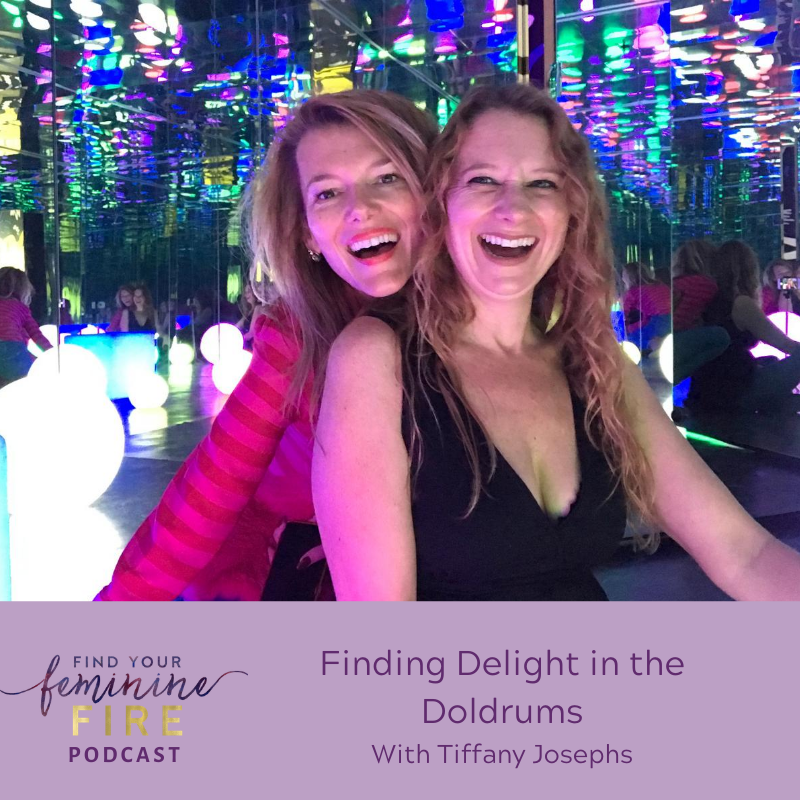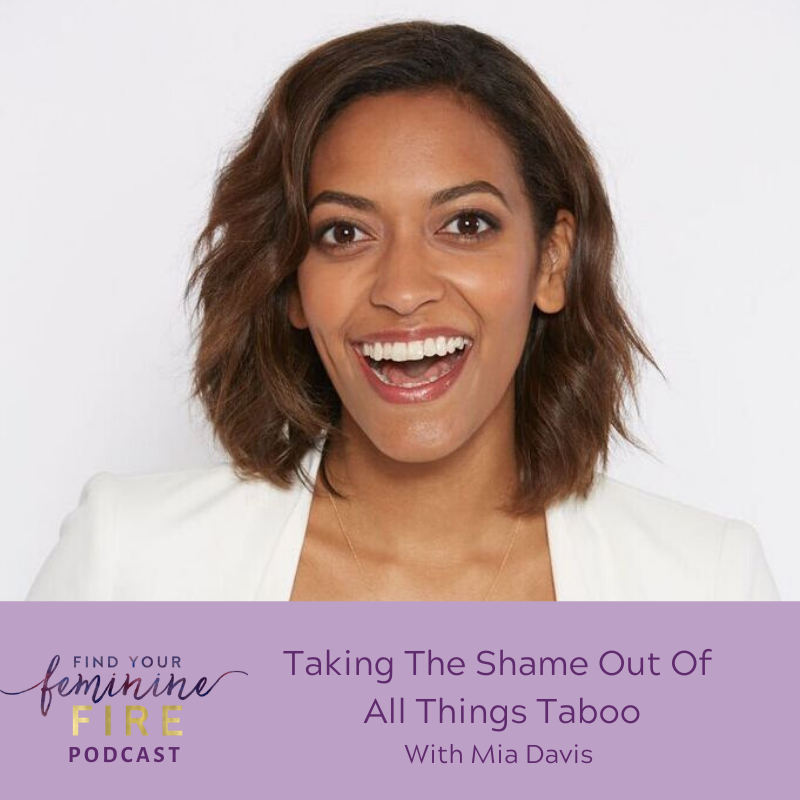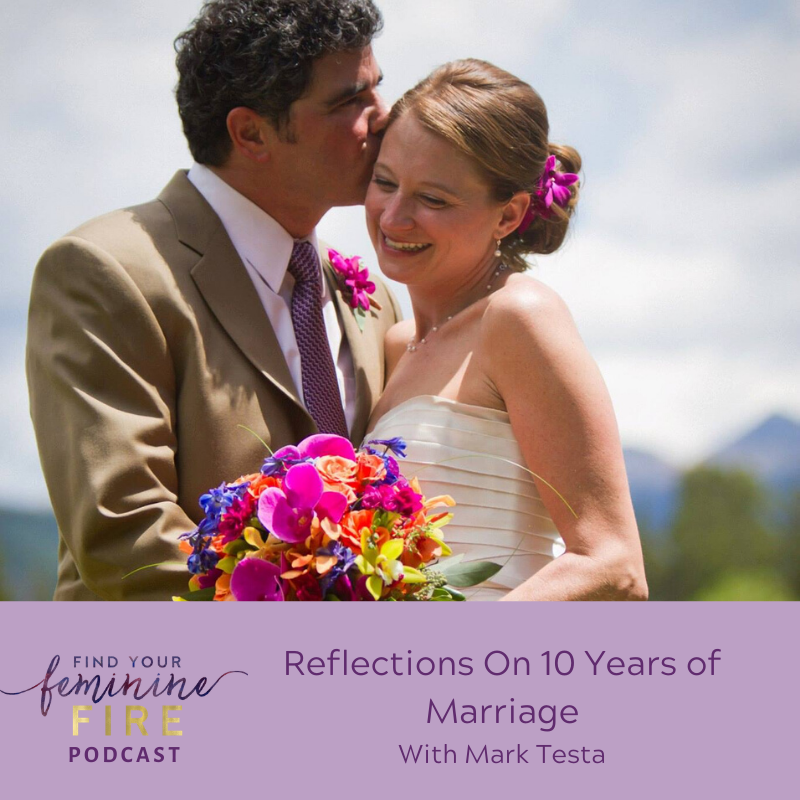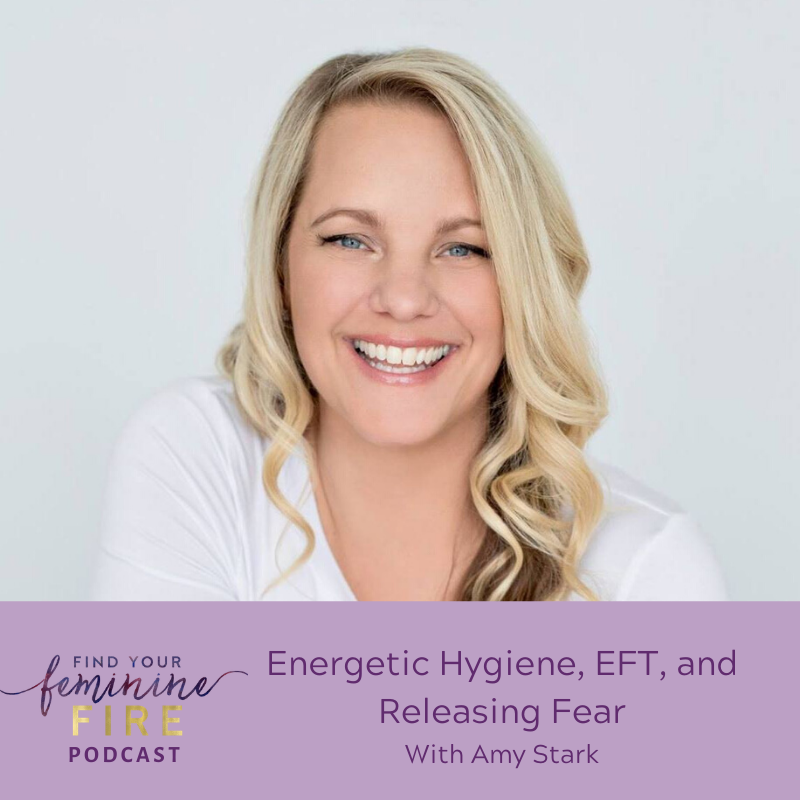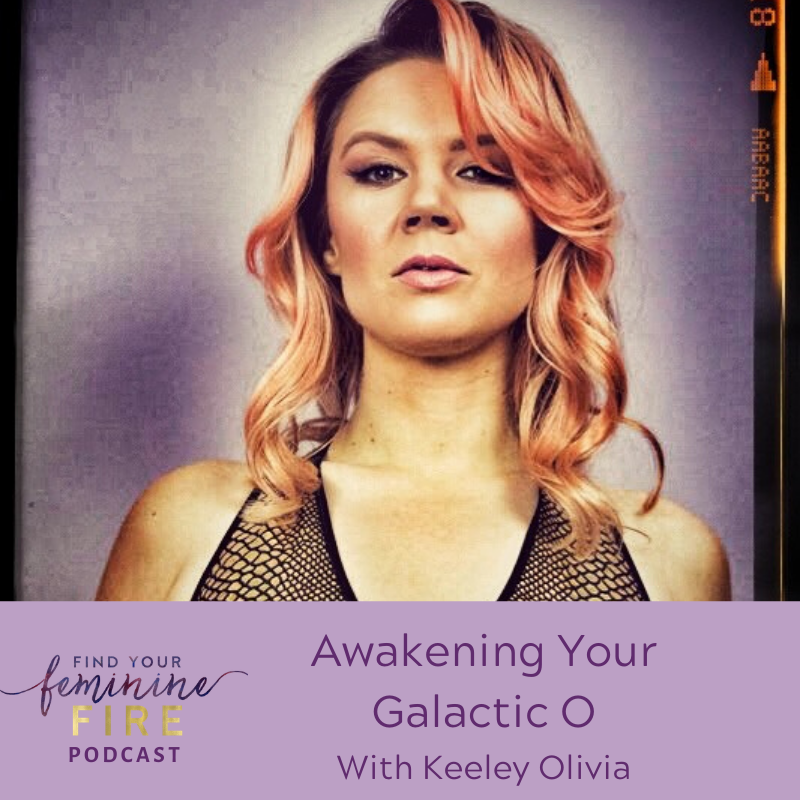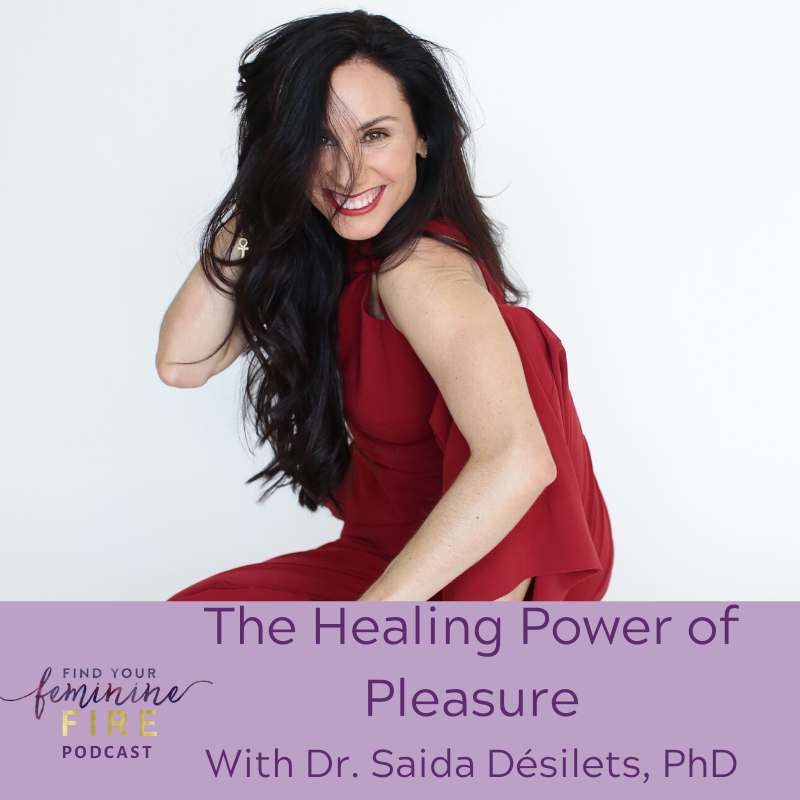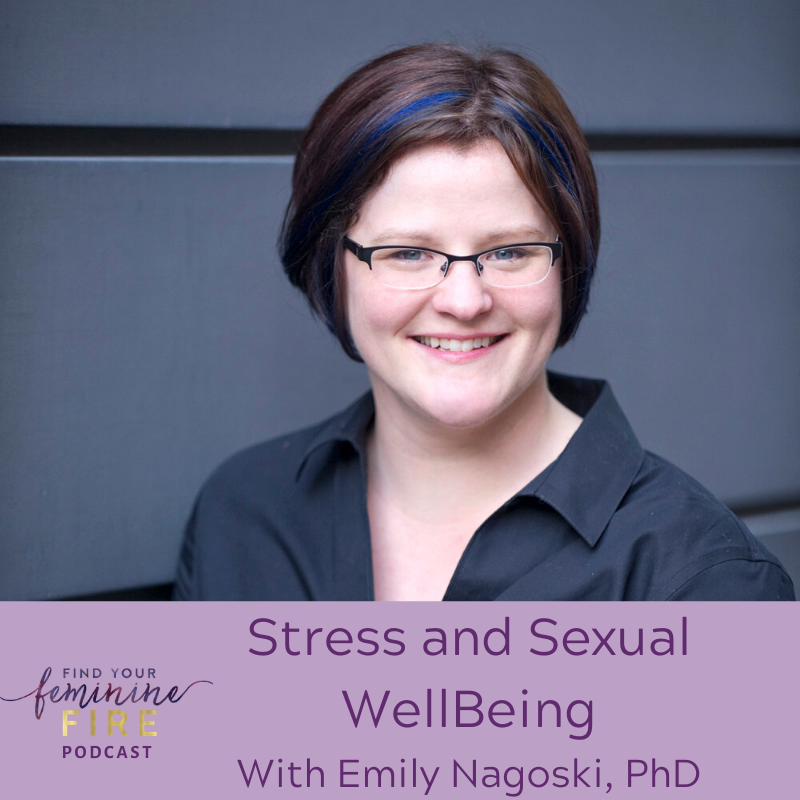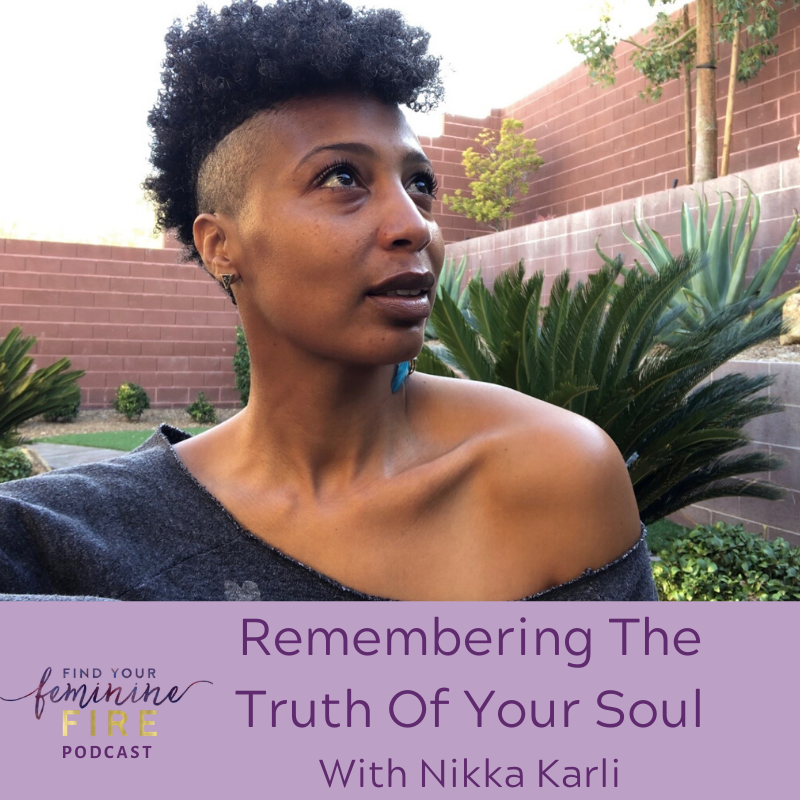Finding Delight in the Doldrums
In this week’s podcast, I’m talking with my dear friend Tiffany Josephs.We were both feeling off and not great, and in this candid conversation we found a way to find delight in the chaos of right now.
I am so grateful for Tiffany, and our cherished, magical friendship. With all that has been going on in the world, I have felt very isolated and lonley at times, and hungered for the days of gathering in big groups, spending time with my friends.
This conversation boosted my spirits and shares some great gems on how to find delight even when the monotony of life feels neverending. Enjoy as we jam on sex, life, and finding support in the chaos of it all.
Listen below, or tune in via: Apple Podcasts,Stitcher or Spotify.
In this episode you’ll discover
How to find surrender and trust in the moment vs. the false security of over planningThe power of Sensual Self Care rituals to support you in creating a strong sense of self.Using breathwork to feel safer in the moment and create more stability in your bodyThe art of curating your environment, and how even small changes to your surroundings can elevate your mood.How to honor your bodies needs and boundaries.Understanding the ripple effects of your own work, and how it benefits not only yourself, but also your family, friends, community, and beyond. How to use imagination for good, and take your mind on a “magic carpet ride”How to explore your creativity, and feel held by the Divine Feminine.and much more!
Tiffany is the most magical friend, she’s always bringing magic and I swear leaves sparkles in her path. I delight in our friendship, and the deep conversations we share.
In this episode, I’m inviting you into this tender conversation where we get real on the challenges we’re facing right now, and how to find ways to bring more pleasure and surrender into your days, even when it feels impossible.
Find out more about the 21 Days of Sensual Self Care HERE.
Find the Safety Breathwork and support videos HERE.
You can find more about Tiffany Josephs and follow her magic HERE.
Follow her on Insta here.
Join in the discussion on this episode and more in my free Facebook Group, Find Your Feminine Fire HERE.
Listen here or tune in via Apple Podcasts,Stitcher or Spotify.

